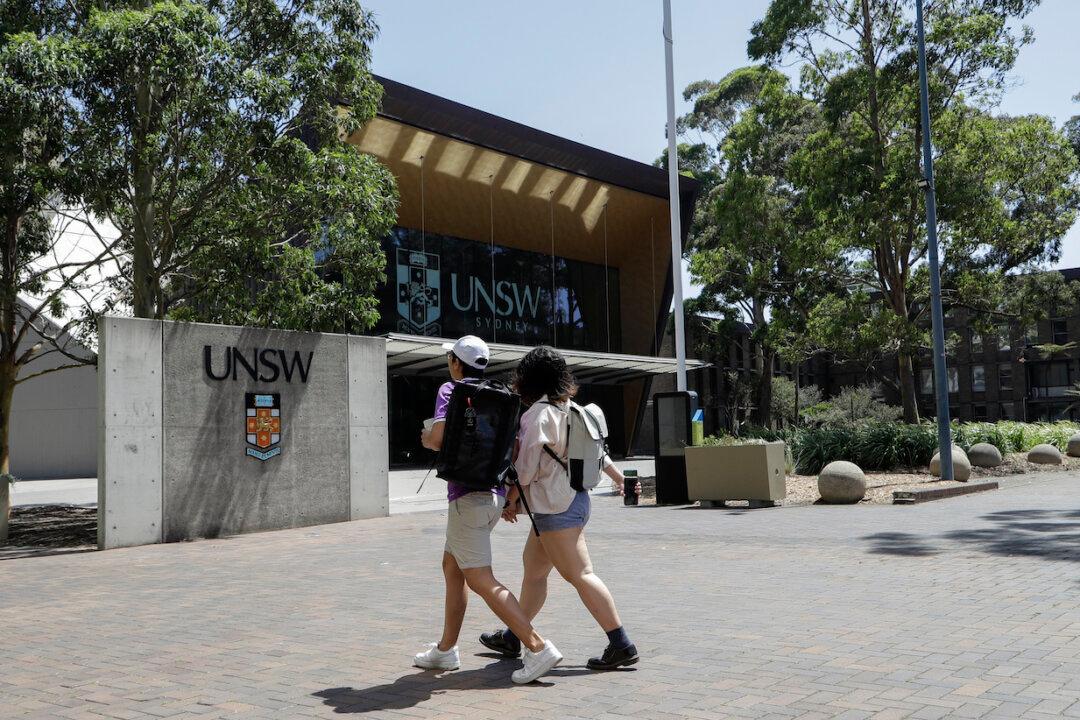Australian universities may see their international student cohorts return to class in large numbers by the beginning of 2022, says the education minister.
“We are looking forward to welcoming back international students who remain overseas, and we thank them for their patience to date,” Education Minister Alan Tudge said in a speech to the Royal Melbourne Institute of Technology (RMIT) on Wednesday.





